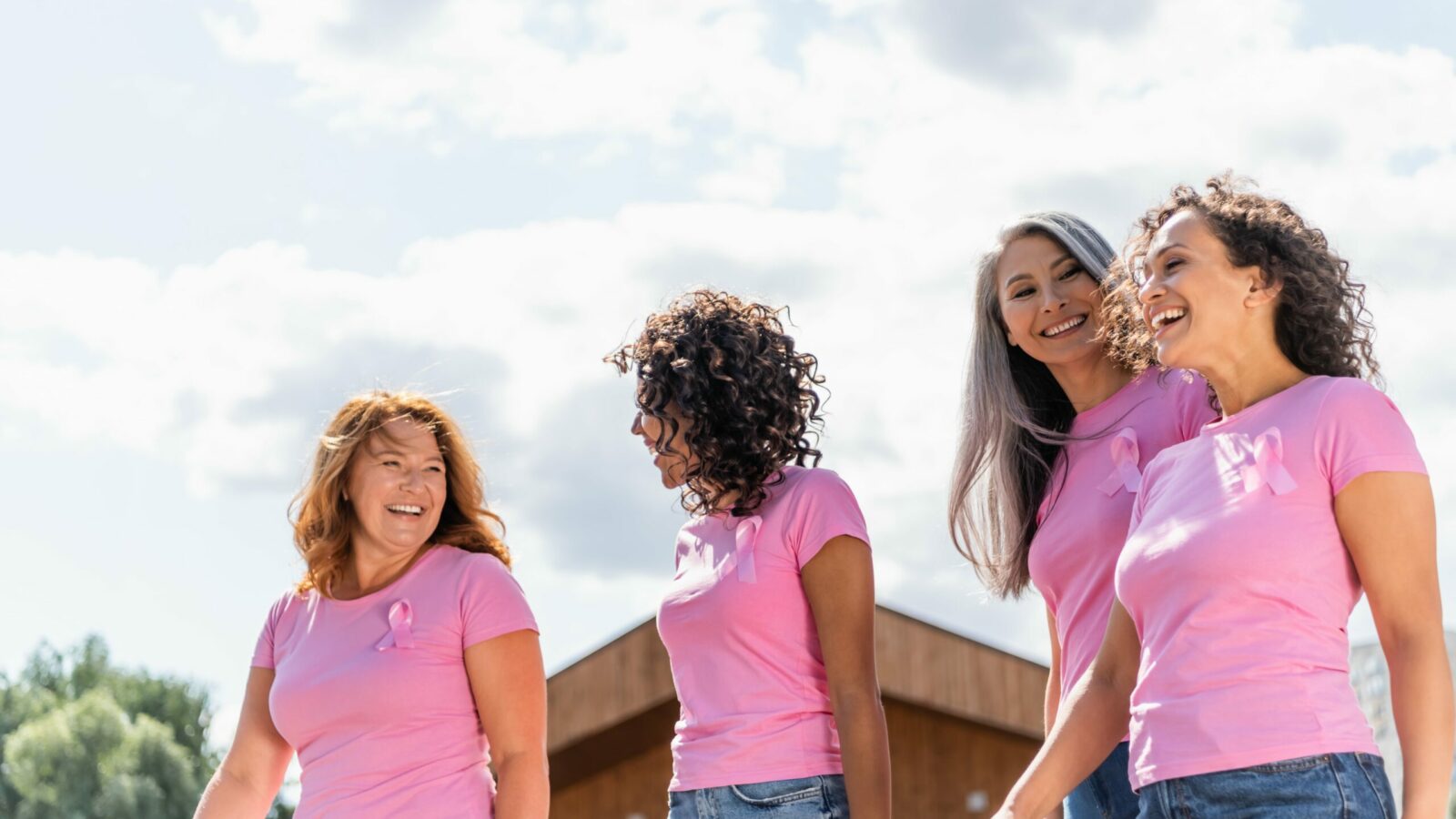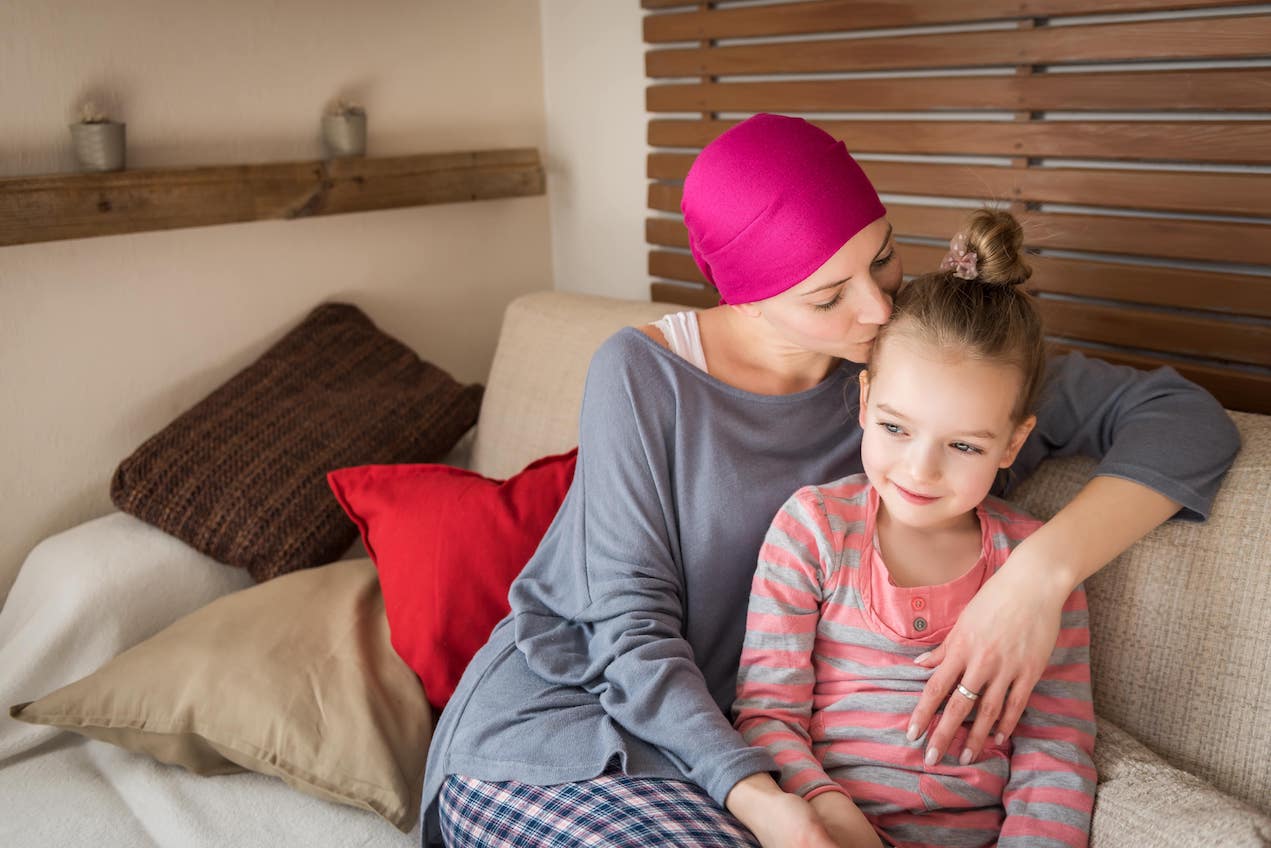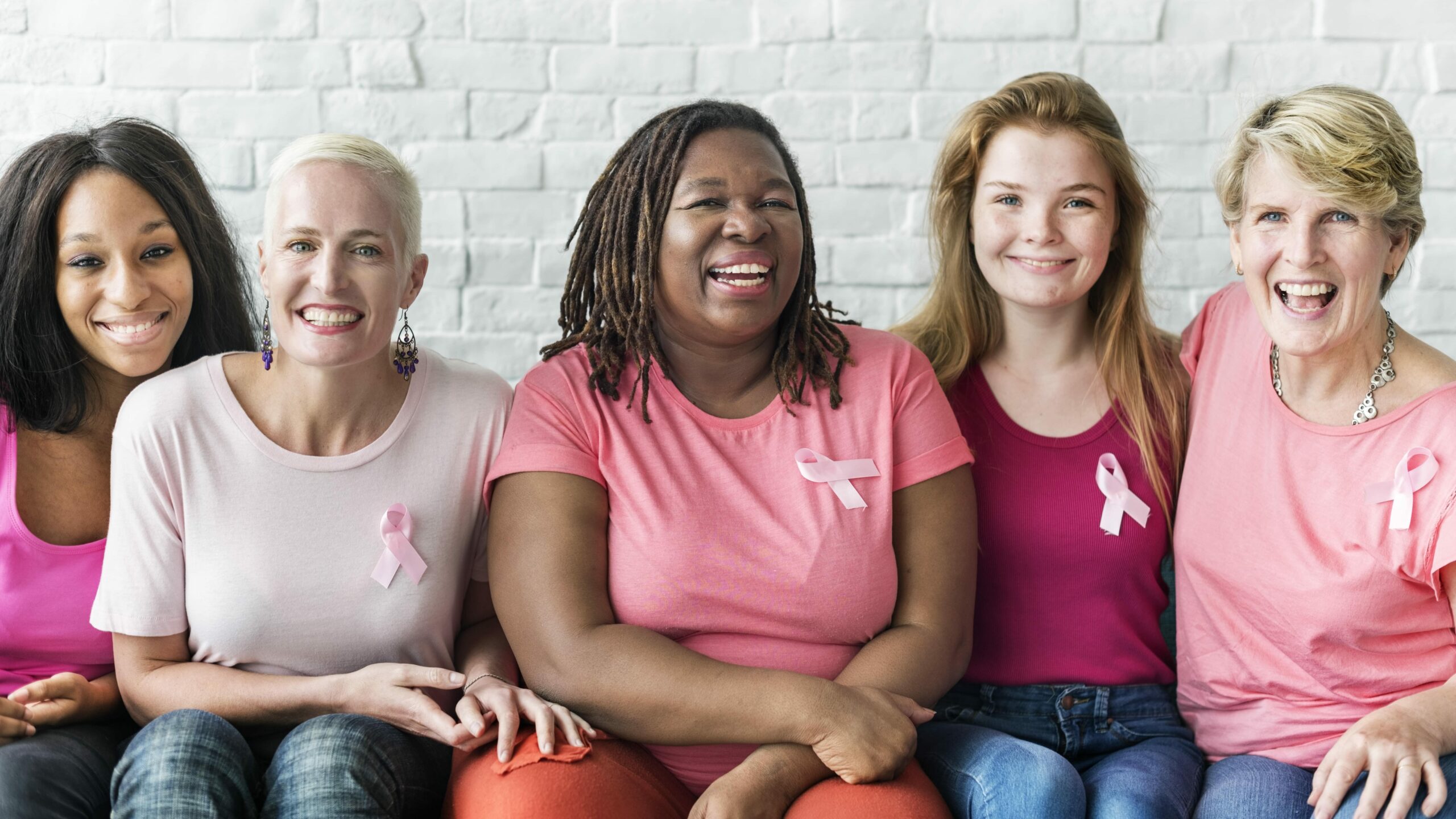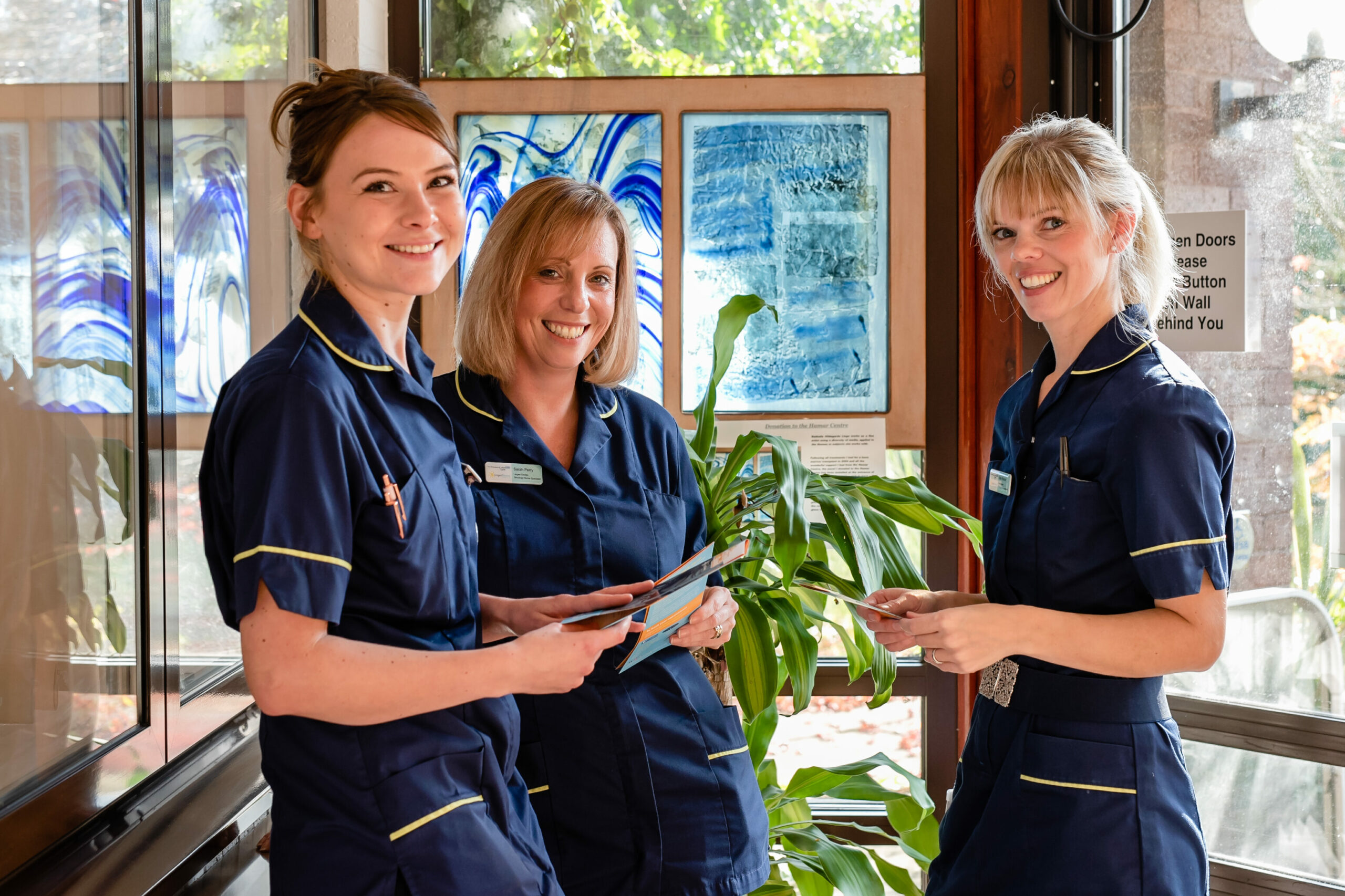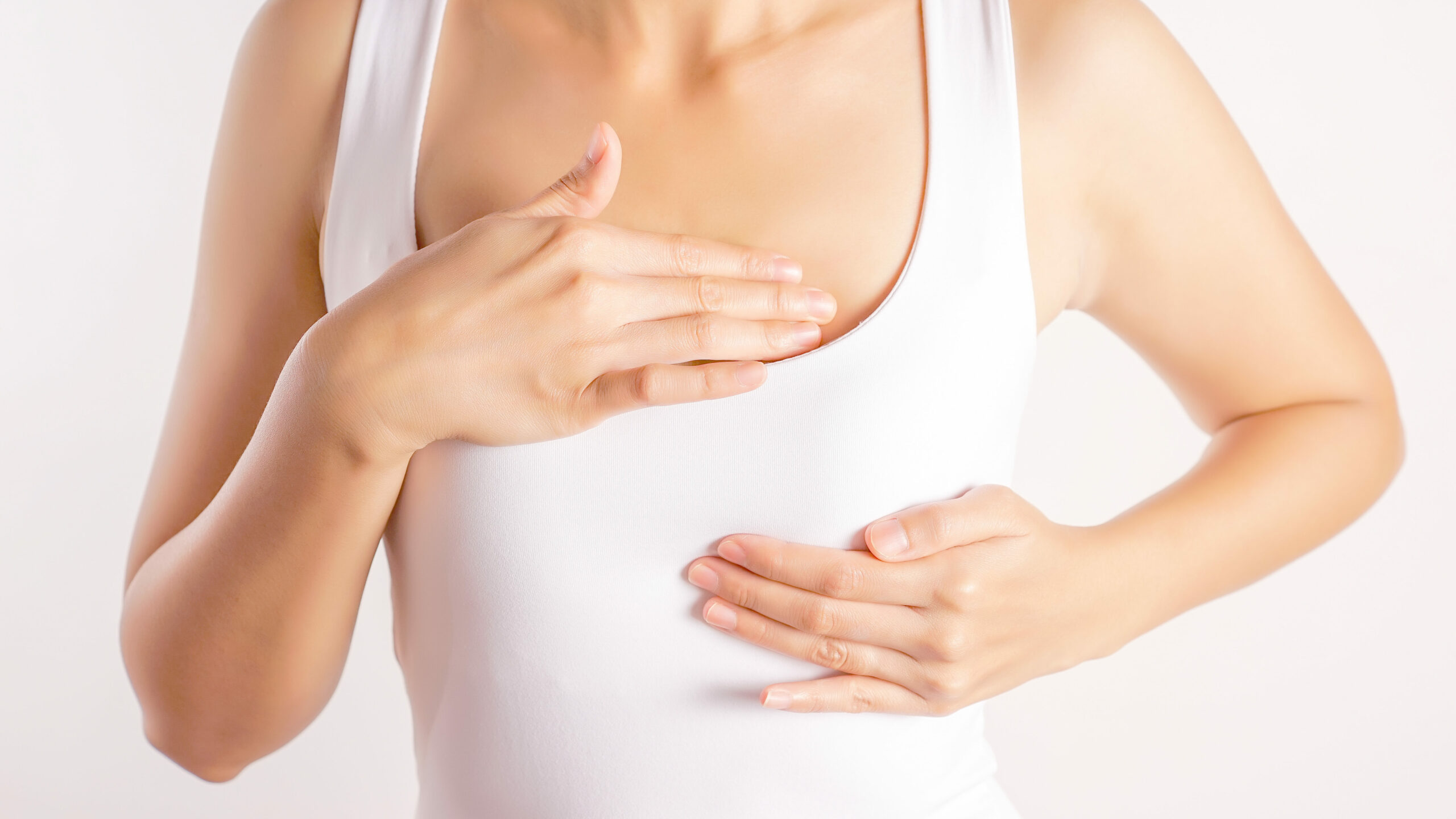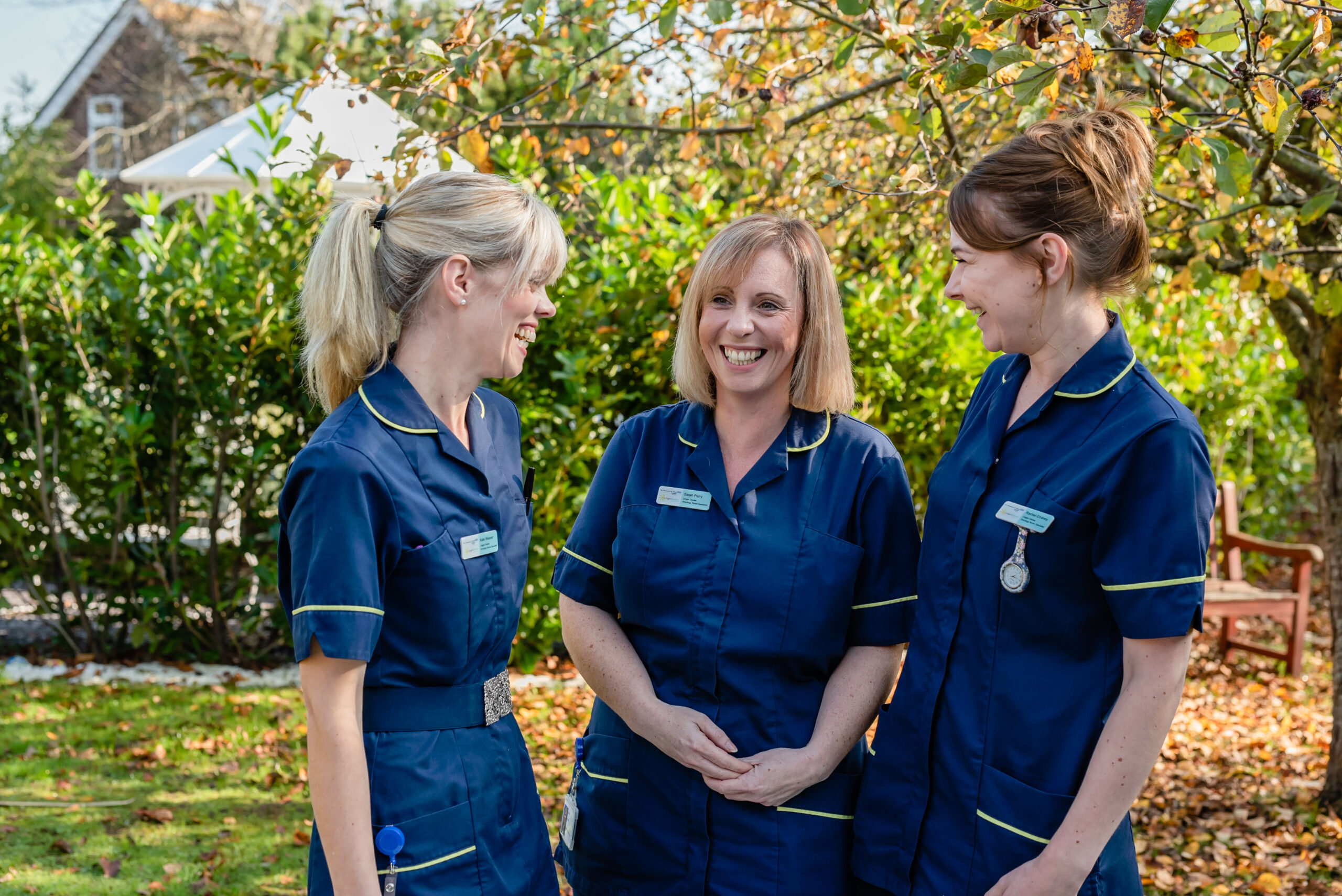Information About
Breast Cancer
There are a lot of different factors that determine the risk of someone developing breast cancer. There is evidence of a range of genetic and lifestyle factors playing a part in increasing the risk of someone developing the disease.
